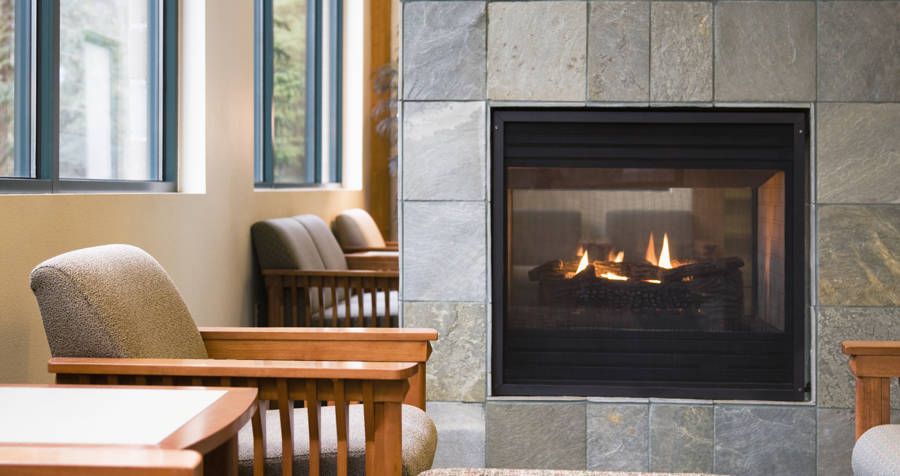Montreal Bans Combustion Heating Appliances in New Buildings
A step towards carbon neutrality

News
Montreal bans combustion heating appliances in new buildings: A step towards carbon neutrality
Montreal — Last December, the City of Montreal adopted a landmark regulation aimed at reducing greenhouse gas (GHG) emissions in new residential, commercial, and institutional buildings. This regulation marks a crucial step toward the city's carbon neutrality goal for 2040.
What does the regulation entail?
Since October 1, 2024, the installation of combustion heating appliances, such as oil and natural gas systems, has been prohibited in new small buildings (maximum height of three stories and an area of less than 600 m²). This ban will extend to all other new constructions as of April 1, 2025. Only certain appliances, such as emergency generators or gas stoves in restaurants, are exempt.
This regulation does not apply to existing buildings or projects with construction permits issued before its implementation. However, similar requirements may be introduced for existing buildings in the future as part of a comprehensive GHG reduction strategy.
For full details, visit the dedicated page on the City of Montreal’s website.
Objectives and impact
The ban primarily aims to:
- Reduce GHG emissions: Combustion heating systems account for a significant share of building-related emissions. By promoting electric and renewable alternatives, Montreal seeks to minimize this impact.
- Improve indoor and outdoor air quality: Lower emissions contribute to better public health by reducing air pollutants.
- Protect homeowners from rising carbon prices: Modern electric and thermal systems offer long-term energy savings.
What are the approved alternatives?
The city encourages the adoption of sustainable and efficient technologies, including:
- Heat pumps
- Geothermal systems
- Electric heating appliances
- District heating networks (distributing hot water or centralized steam)
- Renewable natural gas (RNG), under strict conditions
Wood-burning fireplaces remain permitted as long as they comply with current standards.
Support measures
Montreal has implemented several financial assistance programs to facilitate this transition, including:
- Efficient Heat Pump and LogisVert by Hydro-Québec
- Écoperformance for businesses
- Affordable Housing Renovation for residential buildings
These grants help offset the initial installation costs of clean technologies, encouraging their adoption.
Penalties and enforcement
To ensure compliance, the Bureau of Ecological Transition and Resilience [Bureau de la transition écologique et de la résilience (BTER)] will oversee inspections and monitoring. Any violations, such as installing non-compliant appliances, may result in fines:
- $1,000 to $2,000 for individuals
- $2,000 to $4,000 for businesses
Each day of non-compliance constitutes a separate offense, increasing penalties.
Benefits for citizens and the planet
Beyond financial advantages and GHG reduction, this regulation prepares Montreal for a more sustainable future. It fosters technological innovation, improves public health, and positions the city as a leader in ecological transition.
This regulation marks a turning point in the fight against climate change. By banning combustion heating systems in new buildings, Montreal positions itself at the forefront of cities committed to a greener and more resilient future.
Login to view this content
Become a member
Access all our services and a vast network of experts by becoming a member of the RGCQ.